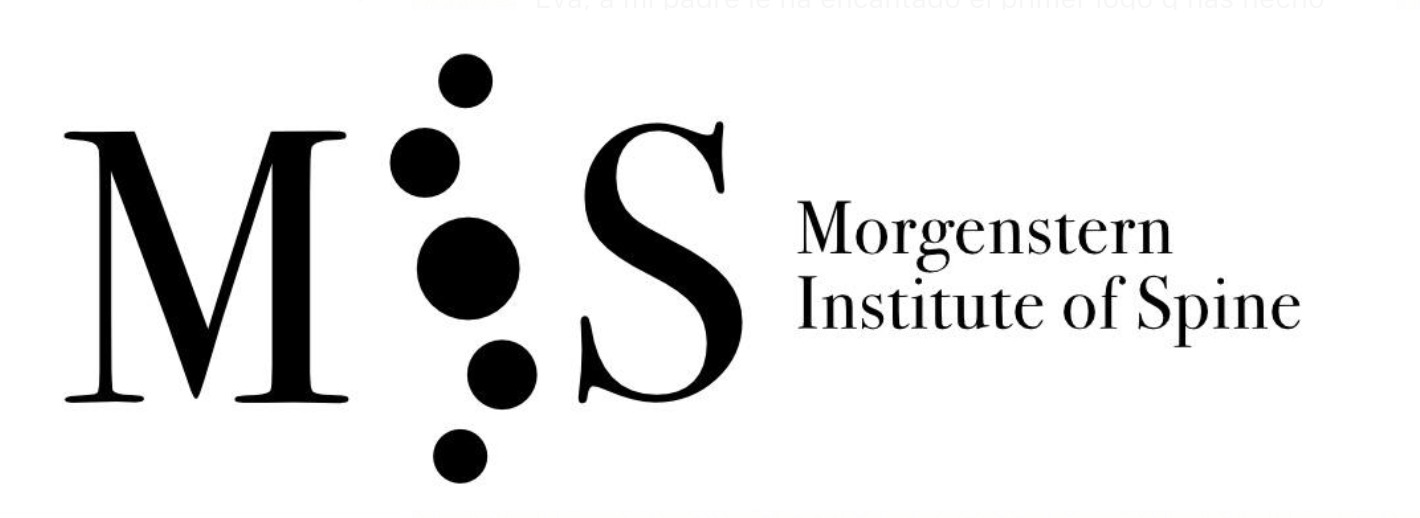Adolescent idopathic scoliosis
What is scoliosis?
A scoliosis is a tridimensional deformity of the human spine that usually develops with a children’s growth. It is visible through the side-bending of the spine and also a hump in the back caused by the spine’s rotation.
This image shows a patient with a thoracic right-curved scoliosis (right convex scoliosis).
Severe scoliosis lead in the long-term to a complete deformity of the vertebral bodies of the spine. Once the vertebral bodies are deformed, scoliosis is irreversible. Hence, scoliosis treatment should start early before a child’s growth ends. An early and thorough treatment allows to steer and control the spine’s growth in order to correct the scoliosis and straighten the spine.
Get to know more about a new, revolutionary minimally invasive scoliosis surgery that preserves the mobility and flexibility of the spine.
Dear patients, dear parents,
The Morgenstern Institute of Spine (MIS) at the Teknon Medical Center in Barcelona, Spain has a 20-year history as a leading center in Europe for endoscopic and minimally invasive spine surgery. Our goals are to diagnose and treat the spine ailments of our patients with the most advanced surgery to allow them an early recovery (hospital discharge for most of our patients is usually less than 24 hours after surgery) and treating their disability to lead a normal life as soon as possible.
Its partner center, the Morgenstern Institute of Scoliosis (MIS), is a specialized treatment center for adolescent idiopathic scoliosis and keeping up the same aforementioned treatment goals: to treat scoliosis with the most advanced surgical technology that allow an early recovery of the patient and keeping the spine’s flexibility and mobility (by avoiding spinal fusion). Preserving the spine’s mobility and achieving a harmonious spine growht is even more important with children before they have finished their growth.
Causes of scoliosis?
Most scoliosis (approximately 85%) are idiopathic, which means that they have an unknown cause. We assume that an unequal stimulation of nerves and muscles of the spine lead to an asymmetric growth of the muscles and the spine.
Scoliosis is a deformity of the spine that progresses with a child’s growth. This is why during a growth-intensive phase like adolescence/puberty scoliosis progresses fast. Therefore, it is of utmost importance to regularly and thoroughly control a child’s spine during this time. Once the growth phase has ended only the most severe scoliosis progress and worsen.
How is scoliosis diagnosed?
Scoliosis is diagnosed clinically with a physical examination of the patient. A scoliotic patient usually shows a deformity of the spine with a spine curved to the side, asymmetry of the shoulders and a hump. The severity of a scoliosis is determined with X-ray images of the spine.
This X-ray image (on the left) shows a double-curved scoliosis with a main toracic curve (on the top) and a minor lumbar curve (on the bottom). The image on the right shows how the scoliosis can lead to an asymmetry and height difference of the patient’s shoulders and scapula.
Scoliosis are classified in different types depending on the location of the curve(s) on the spine:
- Thoracic scoliosis
- Lumbar scoliosis
- Lumbo-thoracic scoliosis
- Single-curved scoliosis
- Double-curved with a major and a minor curve, etc.
Images depicting a thoracic scoliosis (image on the left) and a lumbar scoliosis (image on the right).
The severity of a scoliosis is given by the angle of the spine’s curve which is measured with Cobb’s angle. Scoliosis with a Cobb angle higher than 20º usually require some sort of treatment.

X-ray image of an adolescent idiopathic scoliosis with 50º Cobb angle.
It is also imperative to determine the progression of a scoliosis in time and compare it year for year. In cases where the progression of a scoliosis is fast early surgical treatment should be indicated before the scoliosis worsens and becomes severe.
What are the treatment options for scoliosis?
Get to know more about a new, revolutionary minimally invasive scoliosis surgery that preserves the mobility and flexibility of the spine.


